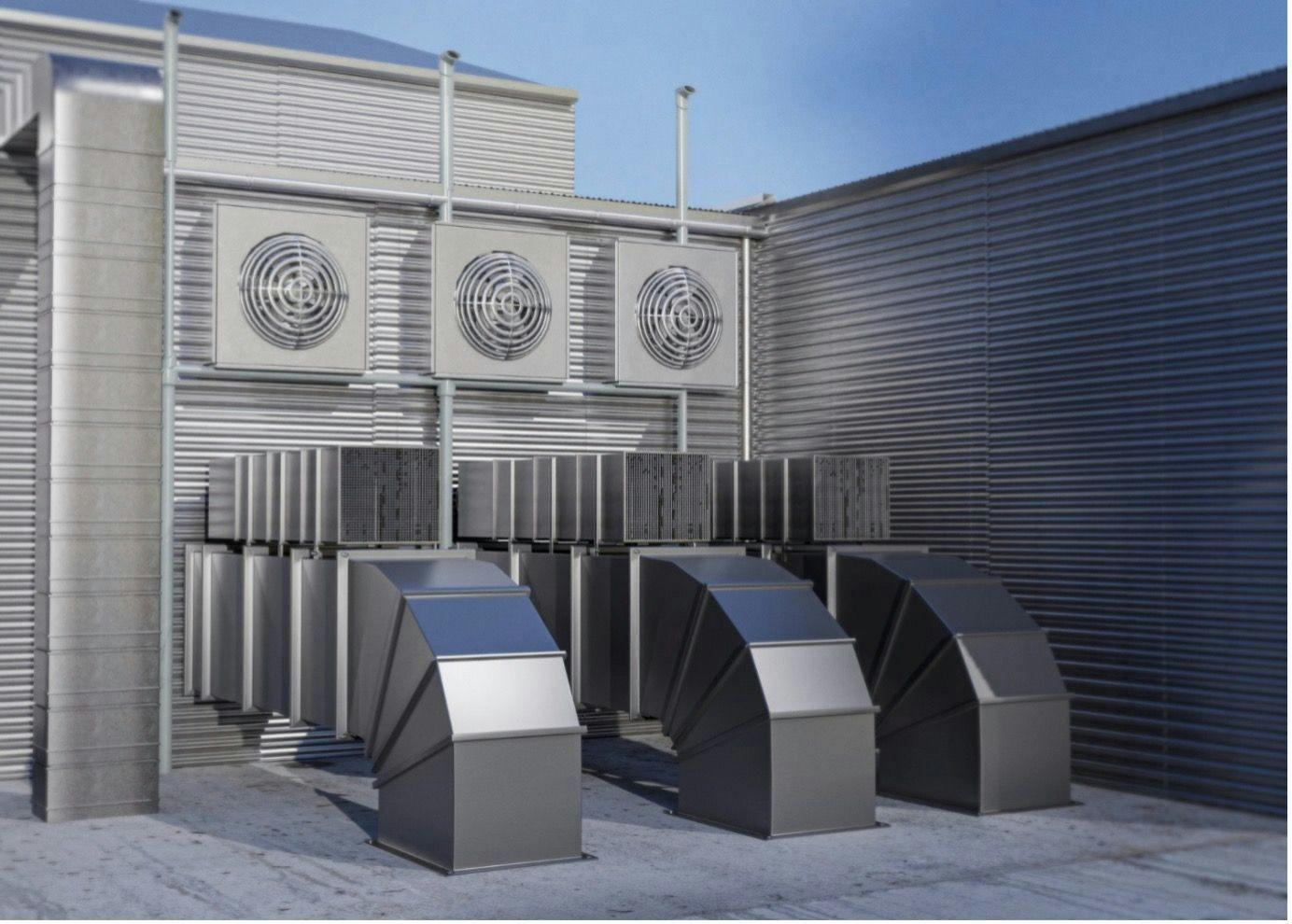Introduction
Heating, ventilation, and air conditioning (HVAC) systems play a vital role in maintaining indoor air quality (IAQ) and comfort in commercial spaces. HVAC systems are responsible for maintaining the temperature, humidity, and ventilation levels in buildings to ensure the well-being and productivity of occupants. The primary function of HVAC systems is to regulate indoor air quality by controlling temperature, humidity, and airflow. Proper maintenance and regular inspections can help ensure that HVAC systems perform optimally.
The Role of HVAC in Indoor Air Quality and Comfort in Commercial Spaces
A well-designed and properly maintained HVAC system is essential for maintaining good IAQ and occupant comfort in commercial spaces. Regular maintenance, including filter changes, system cleaning, and inspections, can help ensure that the system is working effectively and efficiently. It helps regulate temperature, improve air quality, prevent mold growth, and reduce noise levels, all while reducing energy costs and being eco-friendly. Here are some ways HVAC systems contribute to Indoor Air Quality and comfort:
Maintaining Indoor Air Quality
HVAC systems play a critical role in maintaining indoor air quality by filtering and circulating air throughout the building. The air filtration process removes impurities and pollutants such as dust, pollen, and bacteria from the air, reducing the risk of respiratory diseases and allergies. The system circulates fresh air from outside the building to dilute and remove any harmful contaminants present in the indoor air. Additionally, HVAC systems can help regulate humidity levels, preventing mold growth and other indoor air quality issues.
Ensuring Comfort
HVAC systems are responsible for maintaining the temperature and humidity levels to ensure the comfort of building occupants. In commercial spaces, HVAC systems must be designed to provide consistent and reliable performance, ensuring that all occupants feel comfortable regardless of the time of day or the season. Proper temperature and humidity control can help reduce employee discomfort, increase productivity, and even prevent illnesses caused by temperature extremes.
Energy Efficiency
Maintaining Indoor Air Quality and comfort in commercial spaces requires a significant amount of energy, which can lead to high energy bills. HVAC systems are designed to be energy-efficient, reducing energy consumption and lowering operating costs. By optimizing the system’s performance, building owners can reduce energy costs and contribute to environmental sustainability.
Ventilation
HVAC systems bring in fresh air from outside and circulate it within the building, diluting and removing indoor air pollutants. This helps maintain good IAQ and prevents the build-up of carbon dioxide, which can cause drowsiness and other health problems.
Temperature control
HVAC systems help maintain a comfortable indoor temperature, which is important for occupant comfort and productivity. In addition to heating and cooling, HVAC systems can regulate humidity levels, impacting indoor air quality and occupant comfort.
Air filtration
HVAC systems typically include air filters that remove particles and pollutants from the air. High-efficiency filters can capture a wide range of pollutants, including dust, pollen, and bacteria, helping to improve Indoor Air Quality.
Air cleaning
Some HVAC systems include air-cleaning technologies like ultraviolet germicidal irradiation (UVGI) or photocatalytic oxidation (PCO) that can further improve Indoor Air Quality by destroying or removing pollutants like mold, viruses, and bacteria.
Increased Equipment Lifespan
Proper temperature and humidity control provided by the HVAC system can help extend the lifespan of equipment, reducing the need for frequent repairs or replacement.
Conclusion
It is important to use high-quality HVAC air filters, such as those offered Simply Filters, a trusted air filters supplier, to prevent allergens and harmful particles. These quality HVAC filters also help improve the efficiency of the system and reduce energy costs. Residential HVAC filters are also essential for HVAC systems. Simply by investing in right size filters, like 12.13×19.5×1 air filters and 13.25×13.25×1 air filters, and a reliable HVAC system, property owners can enhance the comfort and health of their indoor environments.


Comments are closed.